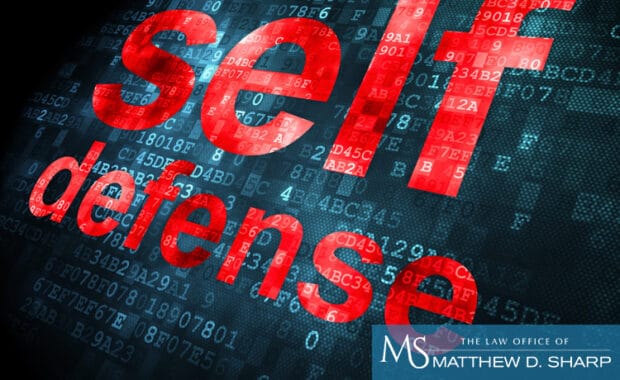When a defendant stands trial, he has several inalienable rights that are guaranteed to him through the U.S. Constitution. Some of the rights that defendants have are explained below.
Due Process
Due process is included in the Fifth and Fourteenth Amendments. This clause protects defendants in state and federal cases from being deprived of “life, liberty and property.” This clause incorporates a variety of rights and protections under the law, such as:
- Right to an attorney
- Prevention of cruel and unusual punishment
- Protection from unreasonable search and seizure
- Exemption from self-incrimination
- Freedom from entrapment
- Access to exculpatory evidence
- Right to defend oneself
- Legal burden of proof
Proof Beyond a Reasonable Doubt
This standard requires the prosecution to prove every element of a crime beyond a reasonable doubt. If a prosecutor does not adequately prove each part of a crime, the defendant must be acquitted.
The Right to Confront an Accuser
The Sixth Amendment provides a “confrontation clause” to a defendant to directly confront any person who bears witness against him. This right includes the right to cross-examine witnesses. There are some exceptions which make this right not absolute, such as when a child accused a defendant of sexual assault.
The Right to a Jury Trial
The Sixth Amendment also provides a defendant with the right to an impartial jury of a defendant’s peers. The Supreme Court has held that this right applies to individuals that may receive a jail sentence of six months or greater. Sometimes a party may request a trial by a judge, but a jury trial must be granted if the other party objects to this arrangement. The constitution does not dictate how many jurors must be on a jury and state laws vary between six and twelve jurors. Some states do not require the jury to arrive at a unanimous decision.
The Right to Counsel
Criminal defendants have a right to competent legal counsel. If a defendant faces incarceration and is unable to afford counsel, legal counsel must be appointed to him free of charge. If their attorney is incompetent, a defendant may seek to appeal the case based on his inability to receive a fair trial.
Right to a Speedy Trial
A defendant has a right to a speedy trial; however, there is no special number that denotes the time period that is “speedy.” Furthermore, defendants may seek to slow down their trial because they are preparing their case, waiting for their attorney to find witnesses or using as part of a legal strategy.
To learn more about defendants’ rights, sit down with The Law Office of Matthew D. Sharp.




